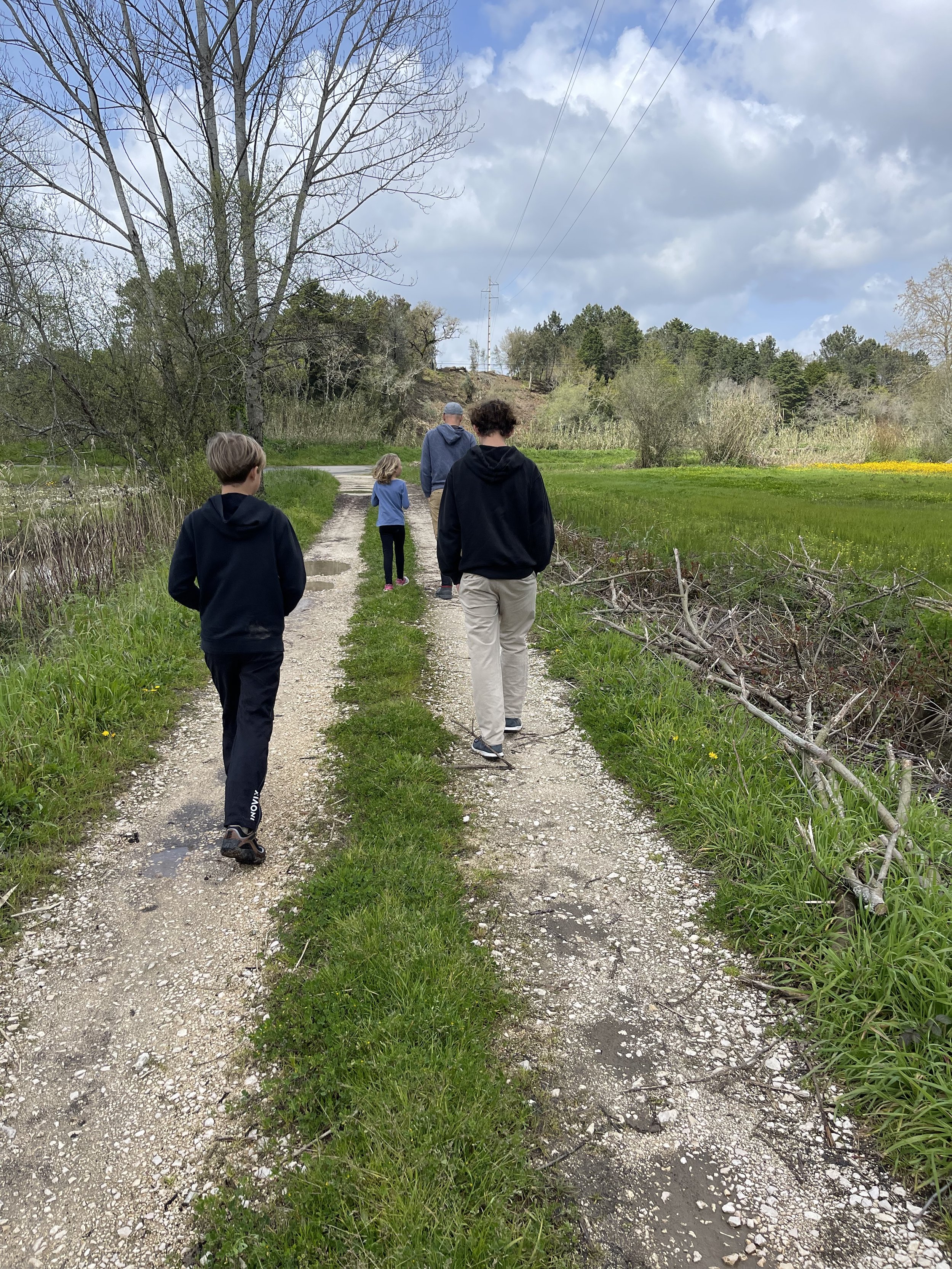The Three Reasons for Every Relationship Conflict
The other day on my hike I was listening to Esther Perel, one of my favorite thinkers of these times, and she said something really important that I think we often fail to notice.
“It's not what you're fighting about, it is what you’re fighting for.”
We think that whatever we are fighting about (often in intimate partnerships but really in any close relationship) is crucial. But if we look deeper at the more general theme we can understand why the cap of the toothpaste is so damn important. It isn’t the cap that is important, it is the symbolic value: “My requests are unimportant! I am not a priority! I have mentioned how I feel numerous times but you do not listen!”
The actual reason for just about all relationship fights are the following:
Power and Control (there is an imbalance and the priorities and needs of the other person are guiding the relationship): e.g., Who decides? Whose priorities count?
Trust, Care and Closeness: e.g., Do you have my back? Do you support me? Do you have my best interest in mind? Can I trust you?
Respect and recognition: e.g., Do you respect and value me? Do you acknowledge me? Do I matter?
Your job is to figure out which of these is at the heart of the disturbance. When you understand what the underlying theme is, then you can actually discuss it. As long as you talk about the toothpaste the other person doesn’t understand why it is important.
Have you ever had one of these fights? Does it feel like an endless loop? Here are some communication tips and strategies to turn these conversations around:
The most common communication traps and what to do instead:
assuming you know everything - assumptions are often wrong → be genuinely curious; ask and inform, even if you think you know everything about each other
using an unhealthy communication style - when we use unhealthy communication, we often (unconsciously) attack, trigger and devaluate others → learn healthy and assertive communication skills
not listening to understand, but only to respond - not really being interested & curious about the other person/topic → be open & curious, ask questions and learn from them
wanting to "win" the conversation - it's about our ego → the goal should be to e.g., inform, understand, create intimacy, find solutions, learn, broaden our perspective and move forward
10 Tips for Healthy Conflict Management in Relationships:
stay focused on the current issue and try not to bring up past hurts/topics (“kitchen sinking”)
stay focused on finding a solution and seek compromises
be curious about your partner's point of view - there is more than one side to every story
find the underlying cause/need of the problem
acknowledge, take responsibility and apologize for your part without blaming or telling them what their part is
use I-statements and share how you feel
take a break when you feel the conflict is hurting the relationship or you are emotionally overwhelmed (make sure you return if you take a break)
remember it is ok to have a different opinion on things
listen with empathy to truly understand their perspective, and remember you are a team
How to Communicate Assertively
use "I"- statements — using "I" shows how you feel without sounding accusatory; e.g. "I need", "I disagree",
"I feel" (instead of "you're wrong", "you never _")
language — use simple, specific, and clear language e.g. "yes / no" or "I know / I don't know" (avoid unclear words like "maybe", "not sure")
voice - breathe slowly & keep your voice calm and firm
use body language, e.g. upright posture, regular eye contact, confident and neutral or positive facial expression, don't cross your arms or legs
keep your emotions in check - respond and don't react
don't over-explain - if an explanation is appropriate - be brief; remember that "no" is a complete sentence
start (small) and practice
Are you looking for help with your relationship? Do you feel that a relationship coach could help you working on your couples skills? Is communication an issue? Have you ever considered couples therapy or counseling? As a psychotherapist and relationship coach, I am uniquely positioned to help you through these moments of disconnect and conflict.
__
Learn more about my approach to life consulting and relationship coaching here or get in touch for your free 30-minute consultation here! Don’t forget to follow along @LilyManne on social for more regular updates!


